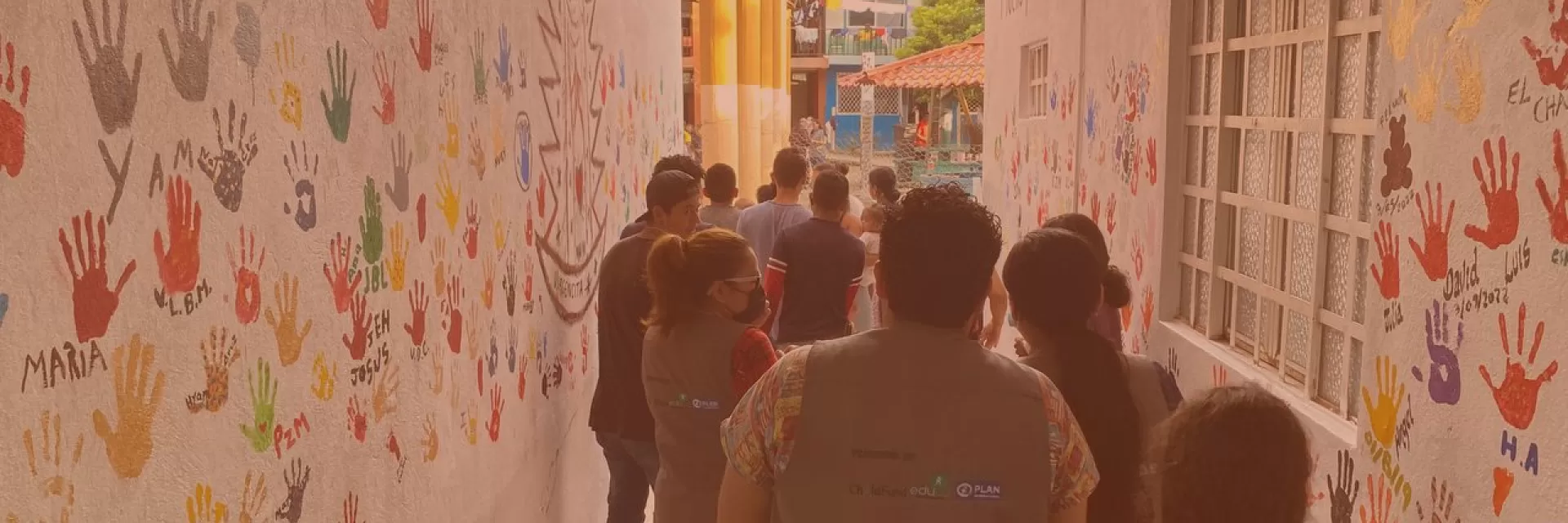Subscribe to our weekly newsletter HERE.
Daily Dispatch 8/24/18
A new series in which we (will aspire to) offer a sampling of today’s headlines on immigration, race, and related stories.
August 24, 2018
“Truth isn’t truth”:
Perception vs. reality: Politicians inflate the number of immigrants and the people choose to believe them.
Oppose Kraninger's Nomination to CFPB
President Trump has nominated Kathy Kraninger to be the next director of the Consumer Financial Protection Bureau. Kraninger has very little experience for this post. Currently, she works for the Office of Management and Budget overseeing program planning and implementation for the Department of Homeland Security and the Department of Justice. As a result, she has been a key player in coordinating immigration policy, especially the “zero tolerance” policy that led to thousands of children being separated from family members.
Daily Dispatch 8/23/18
A new series in which we (will aspire to) offer a sampling of today’s headlines on immigration, race, and related stories.
August 23, 2018
I dreamed a dream in time gone by... :
Canadian Prime Minister Justin Trudeau responds to immigration heckler – and doesn’t back down.
... Now life has killed the dream, I dreamed:
Daily Dispatch 8/22/18
A new series in which we (will aspire to) offer a sampling of today’s headlines on immigration, race, and related stories.
August 22, 2018
The Communities:
Researchers from the Brookings Institution suggest that every American student be required to attend a citizenship ceremony before graduation.
National Prison Strike Begins Today
Beginning today, August 21, people incarcerated in at least 17 states will take part in coordinated non-violent actions to demand changes in the conditions under which they are held. The dominant strategy will be work stoppage organized in protest of unpaid or minimally paid work done by people incarcerated throughout the system. German Lopez, writing for Vox, explains.
Daily Dispatch 8/21/18
A new series in which we (will aspire to) offer a sampling of today’s headlines on immigration, race, and related stories.
August 21, 2018
Top Stories:
Daily Dispatch 8/20/2018
A new series in which we (will aspire to) offer a sampling of today’s headlines on immigration, race, and related stories.
August 20, 2018
An article in The Hill discusses the impact of Attorney General Session’s recent decisions to reopen 8,000 immigration cases, which had been administratively closed, on judicial independence.
Daily Dispatch 8/17/18
A new series in which we (will aspire to) offer a sampling of today’s headlines on immigration, race, and related stories.
August 17, 2018:
More than 9,000 families apprehended at the border last month despite Trump’s attempted “deterrents.”
Haiti Update: Jean Henry Céant is nominated as new prime minister
On July 14, 2018 Haiti’s prime minister, Jack Guy Lafontant, resigned following widespread demonstrations sparked by fuel prices increases. Lafontant was blamed for the poor execution of the plan's roll-out - particularly by the business community, which criticized Lafontant for lack of preparation regarding security. Seven people died in the demonstrations. The fuel price increases were suspended - but the pressure behind those increases remain.
Daily Dispatch 8/16/18
A new series in which we (will aspire to) offer a sampling of today’s headlines on immigration, race, and related stories.
August 16, 2018:
Americans donate frequent flier miles to migrant families separated under Trump's "zero-tolerance" policy.
Daily Dispatch 8/15/18
A new series in which we (will aspire to) offer a sampling of today’s headlines on immigration, race, and related stories.
August 15, 2018:
Head of USCIS defends his decision to remove the phrase “nation of immigrants” from the agency’s mission statement, arguing that the agency exists to serve citizens, not immigrants.
Daily Dispatch 8/14/18
A new series in which we (will aspire to) offer a sampling of today’s headlines on immigration, race, and related stories.
August 14, 2018:
U.S. citizen parents fear their 4-year-old adopted daughter may be deported after her immigration case is denied and visa set to expire.


